NEWS | PRIMA Outdoors Survival Kit, New Eco Camping Design Concept
The Primitive Adventure Guide Kit (PRIMA) features six user-friendly tools to take campers and outdoor adventurers back to the roots of camping and basic survival techniques. Read on to find out more.

Central Saint Martins, University of the Arts London and UPM Biochemicals have embarked on a ground-breaking design collaboration to demonstrate how industry can make the urgent shift away from manufacturing products with materials based on fossil fuels to renewable, circular materials.
A team of 50 product and industrial design students from Central Saint Martins have been tasked to reimagine a range of everyday products – typically produced from fossil-based materials.
Embracing the trio of reduced material use, introduction of new, more sustainable materials and supporting recyclability, the concepts have been imagined using UPM’s bio-based materials produced from sustainably sourced hardwood.
The results will enable the more environmentally-friendly manufacture of multiple products – from footwear, fashion and outdoor pursuits to furniture and personal transportation.
One of the leading designs is the Primitive Adventure Guide Kit (PRIMA) which features six user-friendly tools to take campers and outdoor adventurers back to the roots of camping and basic survival techniques. It invites users to reconnect with the essence of camping and temporary outdoors living, embracing a minimalist lifestyle immersed in nature.
The eight historically accurate survival techniques are rooted in ancient wisdom. Highlighting nature as both the provider of raw materials for the bioplastic and the inspiration for crafting tools from natural resources, PRIMA celebrates the profound synergy between humanity and the environment.

PRIMA’s designer, Mantas Mauricas, grew up camping and wanted to create a product to inspire people, particularly younger generations, to reconnect with the natural world.
Inside the kit
The tools include a hammer, basket, hook, fishing setup, stool, fire setup, fire starter and rainwater collection device. All of these tools are able to be configured and reconfigured using a variation of the same six component parts.
The kit was designed based on wisdom from cultures like the Warramunga Tribe in Australia, Chancay weaving culture in Peru and the tools of ancient Egypt.
UPM Biochemicals, who are supporting Central Saint Martins across the project, is at the forefront of developing innovative, sustainable and competitive wood-based biochemicals for replacing fossil-based raw materials.
“Ultimately societies all around the world will need to embrace a culture of sufficiency and innovate to decouple resource use and environmental impact,” said Martin Ledwon, Vice President of Sustainability at UPM Biorefining. “Design will play a key role in accomplishing that by advancing new materials, reducing material use and enabling concepts such as modularity, repairability, reusability and recyclability.”
“At the core of our programme lies our manifesto, which guides our approach to design and how it interacts with society,” said Nick Rhodes, Programme Director, of Product Ceramic and Industrial Design, Central Saint Martins. “While we work with tangible objects, our primary focus is on the needs and connections between people and the world.
Through materials, processes, and techniques, we strive to design for positive social impact. We are dedicated to nurturing creative ambition, fostering collaboration, and embracing making as a transformative practice that benefits individuals, enterprises, and the environment.”

A physical model of the kit design will be displayed at Design Transforms ’23 from 11 September to 15 October, an exhibition in conjunction with the London Design Festival – and while this will not be full working prototype, it will still provide a tangible demonstration of the concept and its potential.
UPM Biochemicals are also investigating how they can help connect the students of selected design concepts with potential brands or partners in order to facilitate a mentorship role going forwards.
About UPM
UPM Biochemicals offers innovative, sustainable and competitive wood-based biochemicals for replacing fossil-based raw materials and improving the environmental performance in various applications. End-use segments for renewable glycols include textiles, PET bottles, packaging, coolants, composites, pharmaceuticals, cosmetics and detergents.
Lignin-based Renewable Functional Fillers (RFF) offer a sustainable alternative to carbon black and precipitated silica in a broad range of rubber and plastic applications.
UPM is building an industrial-scale biorefinery in Leuna, Germany to convert solid wood into next-generation biochemicals. UPM Biochemicals is accelerating the transition to a circular bioeconomy – where renewable feedstocks, sustainable production and sustainable consumption are the new normal.
Find out more at upmbiochemicals.com
Where to next?
- CAMPING | What Things Do Campers Most Commonly Forget To Take Camping With Them?
- GEAR | The UGreen PowerRoam 600W Is A Powerful & Capable Portable Power Station
- CAMPING GEAR | Winnerwell Nomad Wood Burning Camping Cooker & Stove – Review
- WELLBEING | Witches Whispers From Routin Brig Waterfall, Scotland - April 25, 2024
- TRAVEL | The Little Coffee Bag Co. Delicious Coffee On The Go – Review - April 16, 2024
- NEWS | Easy Glamping With Easy Camp New Moonlight Spire Tipi Tent - April 15, 2024









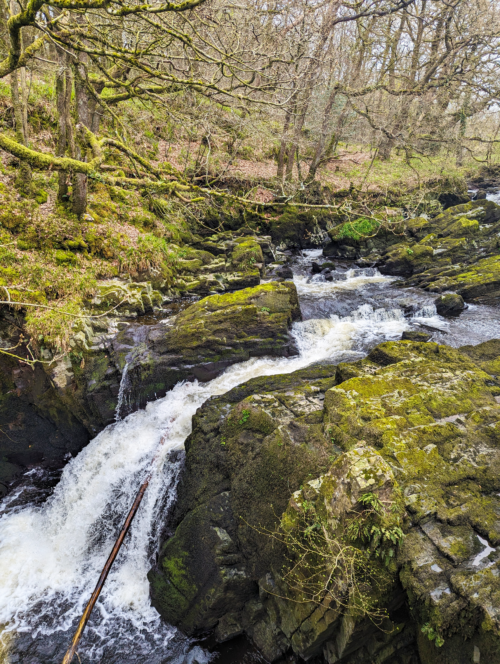
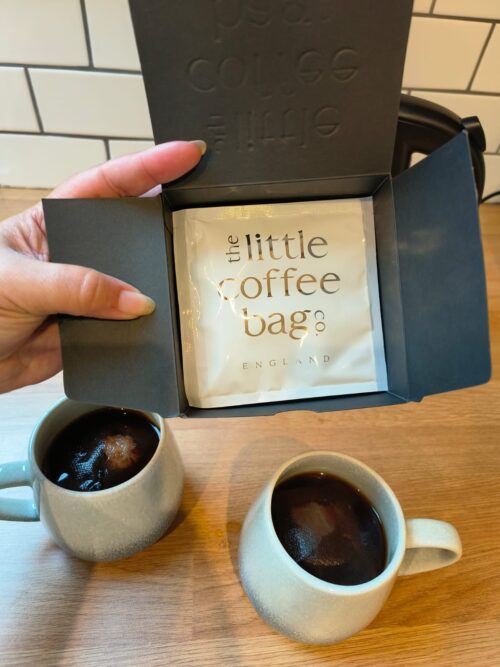



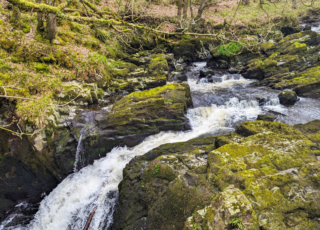
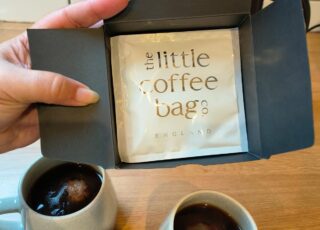
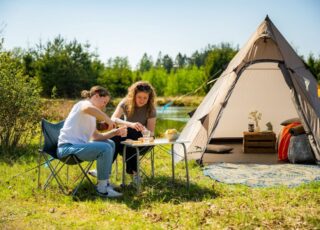

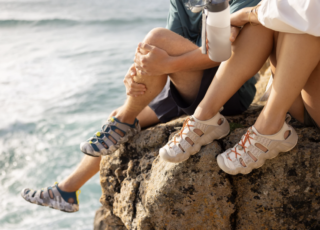

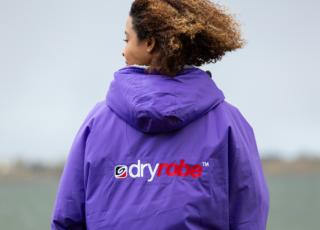
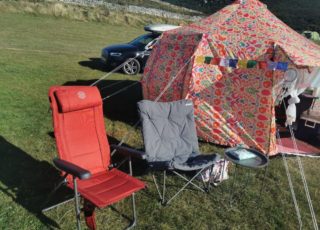
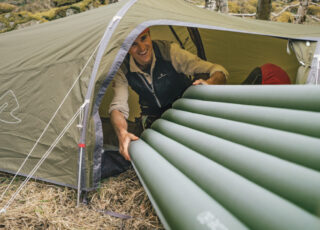
![CAMPING | Here’s How To Stay Warm In Your Tent – Warm Camping Tips [Updated 2024]](https://www.campingwithstyle.co.uk/wp-content/uploads/2024/02/shell0816_photorealistic_realistic_photo_of_the_inside_of_a_c_dd26c3c4-c779-4081-85b0-72e66a81b03b_1-320x230.png)
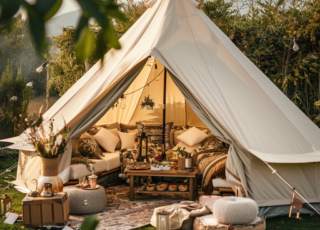
![GEAR | The Best Warm Sleeping Bags For Spring Camping Trips [Updated March 2024]](https://www.campingwithstyle.co.uk/wp-content/uploads/2024/02/10-best-warm-sleeping-bags-2024-320x230.png)



